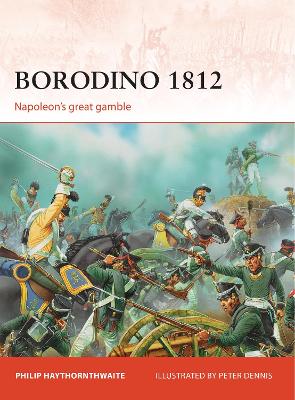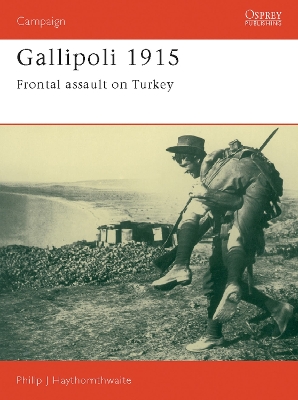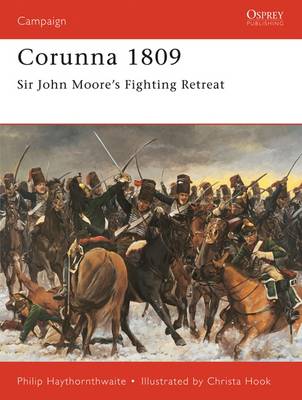Campaign
1 primary work • 3 total works
Book 246
The battle of Borodino was one of the greatest encounters in European history, and one of the largest and most sanguinary in the Napoleonic Wars. Following the breakdown of relations between Russia and France, Napoleon assembled a vast Grande Armee drawn from the many states within the French sphere of influence. They crossed the river Neimen and entered Russian territory in June 1812 with the aim of inflicting a sharp defeat on the Tsar's forces and bringing the Russians back into line. In a bloody battle of head-on attacks and desperate counter-attacks in the village of Borodino on 7 September 1812, both sides lost about a third of their men, with the Russians forced to withdraw and abandon Moscow to the French. However, the Grande Armee was harassed by Russian troops all the way back and was destroyed by the retreat. The greatest army Napoleon had ever commanded was reduced to a shadow of frozen, starving fugitives. This title will cover the events of Napoleon's disastrous Russian campaign of 1812 in its entirety, with the set-piece battle of Borodino proving the focal point of the book.
The Gallipoli expedition of 1915, the brainchild of Winston Churchill, was designed to knock the Turkish Empire out of the First World War and open a supply route to Russia. The campaign is characterised by the military incompetence of the higher commands, particularly the Allies. However, in spite of this, Gallipoli deserves to be, and is, also remembered for the heroism and resourcefulness of both the British army and the men of the Australian and New Zealand Army Corps. This book details the battles, hardships and eventual evacuation that these men had to go through, in this comprehensive guide to the Gallipoli landings of World War I (1914-1918).
Late in 1808 Sir John Moore, virtually alone with his small British army deep inside Spain and facing the French Army led by Napoleon himself, fell back towards Corunna. The retreat became the most arduous of trials. with armies traversing mountainous terrain over appalling roads in the depths of winter. Somehow Moore held his outnumbered, exhausted men together. Finally, at Corunna his men turned to face their tormentors. The appearance of the enemy galvanised Moore's army and they beat back the French attack. Moore was mortally wounded, however, and was buried upon the ramparts of Corunna before the final evacuation.


